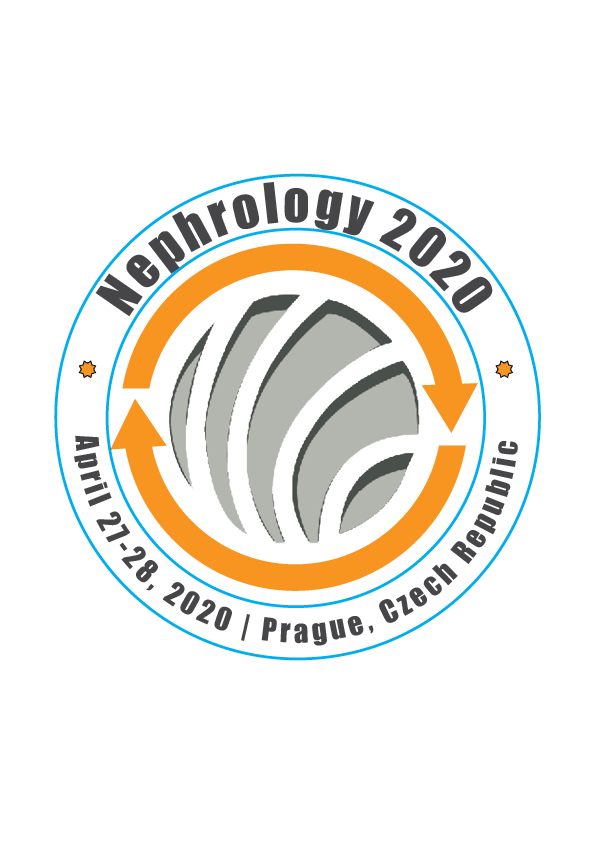Scientific Program

Jo M Sanders
Holmesglen Private Hospital, Australia
Biography:
Jo Sanders is a critical care registered nurse, with expertise in the coordination and facilitation of organ and tissue donation in Victoria, Australia. She has a passion for quality improvement strategies in critical care nursing and developing a clinical governance framework, to delivery safe, high quality services and care. She is currently working as a clinical nurse specialist in the intensive care unit, caring for the complex and critical ill patients, whilst empowering fellow clinicians to challenge and improve clinical care delivery.
Abstract
Kidney transplantation is the preferred treatment for endstage renal failure. Unfortunately, donor organ shortages prevent many individuals receiving a renal transplant and there is a need to increase the pool of appropriate donors. The presence of acute kidney injury (AKI) in deceased donors has traditionally been a relative contraindication to renal transplantation, even though renal recovery may be favorable in the absence of chronic renal disease.
Methods: We undertook an 8 years retrospective observational study of potential deceased organ donors with AKI requiring renal replacement therapy (RRT). We evaluated the rate of successful transplantation as well as short term and outcomes at a median of 19.5 (13.0–52.7) months after donation.
Results: Amongst 1058 consented potential organ donors, 39 patients had AKI requiring RRT, of which 19 became donors (13 not medically suitable, 7 did not proceed to donation). The median (interquartile range (IQR)) donor age was 41 (34–50) years and norepinephrine, epinephrine and vasopressin were given to 18, 14 and 9 donors, respectively. From the 38 donated kidneys 34 were transplanted. The median (IQR) age of recipients was 53 (42.8–58.5) years and they were dialysis free in a median (IQR) of 5.5 (2.3–10.8) days. Only minor abnormalities were found at 3 and 6 months renal biopsies, and two patients experienced graft failure in the first 12 months.
Conclusion: Amongst deceased donors with AKI receiving RRT and vasoactive medications outcomes of renal transplantation seems acceptable in the absence of pre-existing renal failure and other donor co-morbidity. Such patients may be an important additional source of kidney donation
- Nephrology and Urology
- Chronic Kidney Disease
- Dialysis and Renal Care
- Urinary Incontinence & Prostatectomy
- Pediatric Nephrology
- Female Urology
- Renal Cell Carcinoma
- Endourology & Stone Diseases
- Diabetic Nephropathy
- Urology Robotic Surgery
- Neuro-Urology and Neurogenic Bladder
- Urologic Oncology

